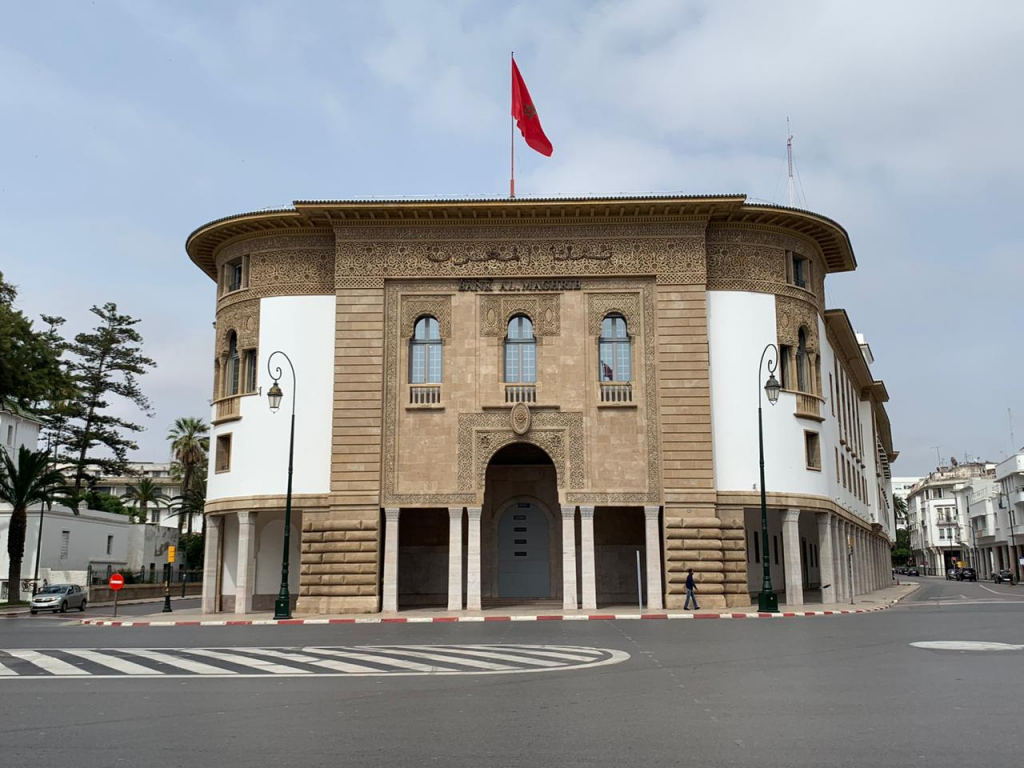Islamic finance is a relatively new phenomenon, essentially emerging from obscurity around twenty years ago and supply has yet to catch up with demand. In recent months , however, Africa has begun to attract the interest of the GCC’s largest Islamic finance houses, with Morocco a case in point.
Of particular interest is the prediction that Morocco’s first Sharia-compliant bank will open toward the end of this year, with the opening of Dar Assafaa. The chairman of the Moroccan Association of Participative Financiers, Said, had this to say , “By September or October the first Sharia-compliant bank will start. Morocco’s financing needs are huge, especially in project finance, and the stability we enjoy here will act in favor of Morocco.”
We will have real Islamic banks in Morocco
In addition to banking, Morocco is set to enact laws to regulate the offering of Islamic insurance and the proposed laws will face a parliamentary vote in the future. If passed, a sharia board will oversee the nascent sector, a sector which the government hopes will improve liquidity and attract Islamic investment from the GCC. The Moroccan insurance industry is one of the strongest in Africa, with revenues of $2.91 billion in 2014 and growth of around 6% annually.
Lahcen Daoudi , Minister for Higher Education and Scientific Research summed up Moroccan hopes at a recent conference on commerce and management when he stated his hopes that Islamic banks would contribute 0.5 – 1% PIB per year to the economy, and that the religious in his country were actively interested in Islamic finance.
The events in Morocco follow last year’s sukuks in Senegal and South Africa , and the rise of Islamic finance appears to gathering momentum. The South African event was valued at $500 million and was oversubscribed to the tune of 400%. The scope is vast and the appeal of Sharia-compliant banking unending in Africa. Related article Sukuk’s bolster investment and trade
